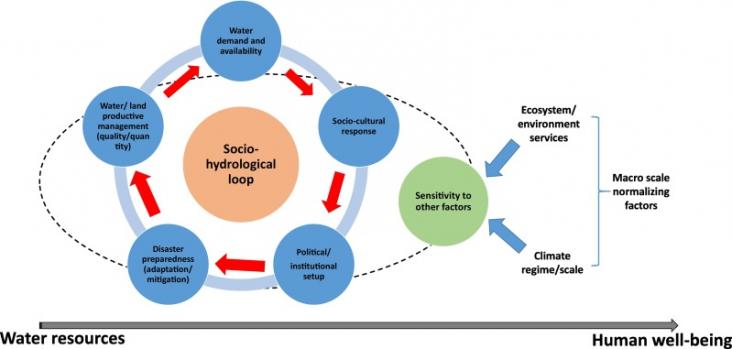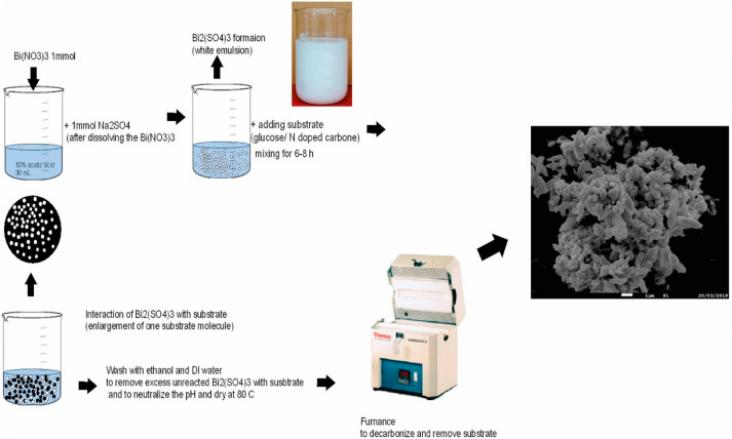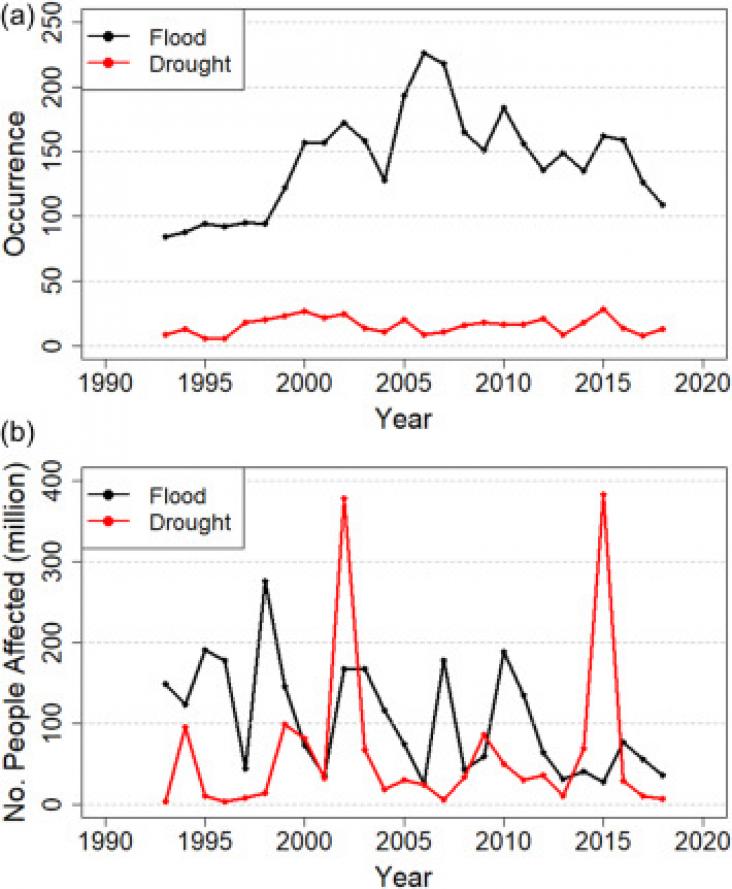Elsevier,
Gemma C. Cotton, Natalie R. Lagesse, Liam S. Parke, Carla J. Meledandri, 3.04 - Antibacterial Nanoparticles, Editor(s): David L. Andrews, Robert H. Lipson, Thomas Nann, Comprehensive Nanoscience and Nanotechnology (Second Edition), Academic Press, 2019, Pages 65-82
This chapter advances SDGs 3 and 6 by showing how increasing bacterial resistance to commonly used antibiotics is a pressing threat to the human population on a global scale. As the development of new combative drugs is complex, expensive, time consuming and risky, there has been a strong focus in recent years to develop alternative strategies for the treatment of bacterial infections, and nanoscale materials have emerged a strong contender for this purpose.
In this study, the authors investigate the effect of phosphate functionalisation on the removal of uranyl ions from mine-drainage contaminated water.
This study analyzes the effects of a local water market formation on the efficiency of groundwater use productivity. These results demonstrate the role of a market-based groundwater allocation approach under water scarcity conditions.
The reported number of cases of Acanthamoeba amebic keratitis (AK) is continually increasing.

Reaching the Sustainable Development Goal (SDG) 6 on water and sanitation is fundamentally important and conditional to the achievement of all the other SDGs.

Recent policy developments in Europe consider the importance of water ecosystems to human wellbeing and the detrimental effects that multiple pressures may have on them.

Agricultural pesticides represent a significant class of endocrine-disrupting chemicals (EDCs) to which non-target organisms around the world are constantly exposed.

This paper presents challenges for water security in the three largest riverine islands in Asia, a socio-hydrology approach to manage water scarcity and human well-being, and an adaptive management cycle to implement socio-hydrology in the field.

Iodide and bromide ions in surface and ground waters can react with natural organic matters and produce toxic disinfectant by-products. A novel bismuth composite material has been developed for the removal of iodides and bromides at parts per million concentrations.

This paper examines the global trends and main health impacts of these events based on databases and case studies, identifies gaps in the Sustainable Development Goals (SDGs) indicator framework for monitoring health impacts of disasters and suggests recommendations to address these gaps.
